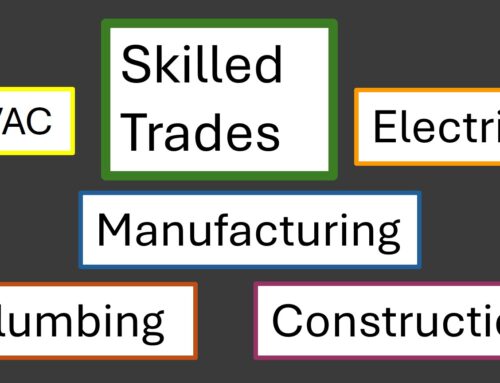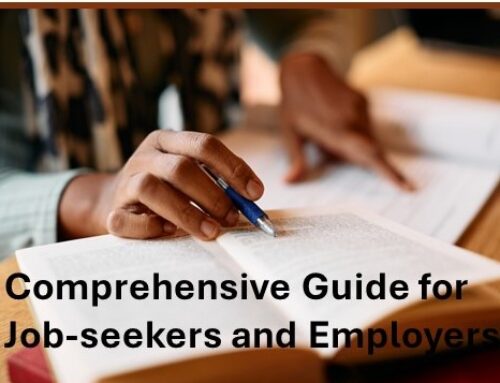
Whether it was a small mistake or a colossal blunder by your company or an individual staff member, the resulting negative press can be merely embarrassing at best and at worst, devastating. From all ends of the spectrum, it has the power to put a chink in your standing. While you can’t always control events or how a volatile public will respond to them, you can control your response. And your response can incinerate the issue or turn the tides in your favor, enabling you to not only save face but ultimately, build a better reputation. As Cathy Burnham Martin points out,
“Apologies require taking full responsibility. No half-truths, no partial admissions, no rationalizations, no finger-pointing, and no justifications belong in any apology.”
It begins with ownership. If someone in your company messed up big time, recognize it. On the other hand, even when the catalyst that initiated the bad press is a biased, one-sided, totally unfair blistering social media post, look for the small element of truth or the one step in the incident where a different action on the management’s part could have neutralized the issue. In other words, step up and take responsibility for everything that you could have, should have, would have done differently if you were doing it all over.
- Do it immediately – without delay –the sooner you address the issue, the more people will listen and respect what you say; the less they will be swayed by the bad press.
- But don’t jump in blindly. Evaluate the situation. Was it caused by one wrong decision or many mistakes? Do you have additional information that you didn’t have when the incident began?
- Establish a plan of action. Be ready to either share what steps you will be taking to correct the problem or give an expected timeline for sharing when you make your apology.
Communicate openly within the ranks. Don’t attempt to ‘push it under the carpet.’ No one wants to be in the dark or, worse yet, discover the disaster via outsiders or social media. Ultimately, the more transparent you are with your employees, the better your company’s name will be outside.
- Be open, be honest, be accurate. Share your regrets.
- Take responsibility rather than playing the blame game.
- Discuss the core issues and what can be done in the future to avoid repeating the mistake.
- Present options you are considering in response to those who were negatively affected.
- Ask for feedback. Your staff will often have keen insight.
Now – take responsibility publicly and deliver a sincere, genuine apology. Being honest doesn’t demonstrate weakness – it reveals your integrity.
- Express your regrets – whether to the public in general or publicly to a specific group of people. Designate a single spokesperson to respond to the press, so the company’s message remains consistent and clear.
- Give a concise explanation of the cause – without coming across as an excuse.
- Acknowledge your responsibility and share what steps you are taking to not only make things right but also to prevent a repeat.
- When the situation merits it, ask for forgiveness.
- Don’t be afraid of social media. Use it to reach people where they are listening. Sincere honesty and calm, reasonable responses will often diffuse heated posts.
Give back to your community. Don’t try to cover up your mistake with philanthropy. Do follow up an apology with an act of goodness.
We are all human. Corporate groups and individuals within companies are going to make mistakes. The public understands that. While every situation and apology is different, owning the situation, responding promptly with a sincere apology and clear-cut explanation of what happened, as well as what you will do to make it right, and following up with a gesture of goodwill can often build your reputation more than the bad press hurt it.
At Gillmann Services, Inc., we strive for excellence in every area, including taking ownership when the inevitable happens. Sometimes, doing it right means admitting we’re wrong. In every situation, we have our clients back. We do the hard work of recruiting skilled trades employees for your commercial, industrial, mining, manufacturing, and marine construction companies. Get in contact with our team of staffing specialists today.






